In 2004, Def Jam: Fight For NY became a fighting game staple of the sixth-generation console era. It gave fans the chance to play as their favorite artists, producers, and hip-hop icons that still spark nostalgia two decades later. Fans have long wanted a sequel to the poorly received Def Jam: Icon, released in 2007.
Now, 21 years later, we may finally have a worthy successor. Nothing Projects Interactive just landed a deal with Universal Music Group’s Republic Records to feature their artists into the growing roster for their upcoming mobile fighting game, OnlyHands.
Gaming and Hip-hop have never been more intertwined—with artists having live concerts in Fortnite, having their music soundtracked in virtual worlds, and streaming in Twitch—OnlyHands arrives at a moment that feels inevitable, strengthening a relationship that’s long overdue.
Similar to the Def Jam series, OnlyHands is an always-on mobile fighting game that will feature Republic acts who would become virtual avatars, being able to tell unique stories, have their own special combat moves and most importantly providing a new way to interact with fans, and drive a stream of revenue for themselves. The team at Nothing Projects Interactive aims to redefine how artists participate in gaming.
The music industry has historically run on an exploitative model, where artists are paid inequitably from labels, DSPs and are left to become work horses by endless album cycles and exhausting tour runs. OnlyHands offers a new route, where artists can monetize their likeness, creativity, and connection with fans inside the game itself.
“The whole intent of it is to create equitable opportunities for artists to be involved in the platform," said Troy Carter Jr., a partner and representative of Nothing Projects Interactive.
I sat down with Troy Carter Jr to get a deeper insight on the upcoming mobile game to discuss building this new model to empower artists, how it could change the way artists engage with gaming, and what players can expect from OnlyHands.
This interview has been edited for length and clarity, while preserving the intent of the conversation.
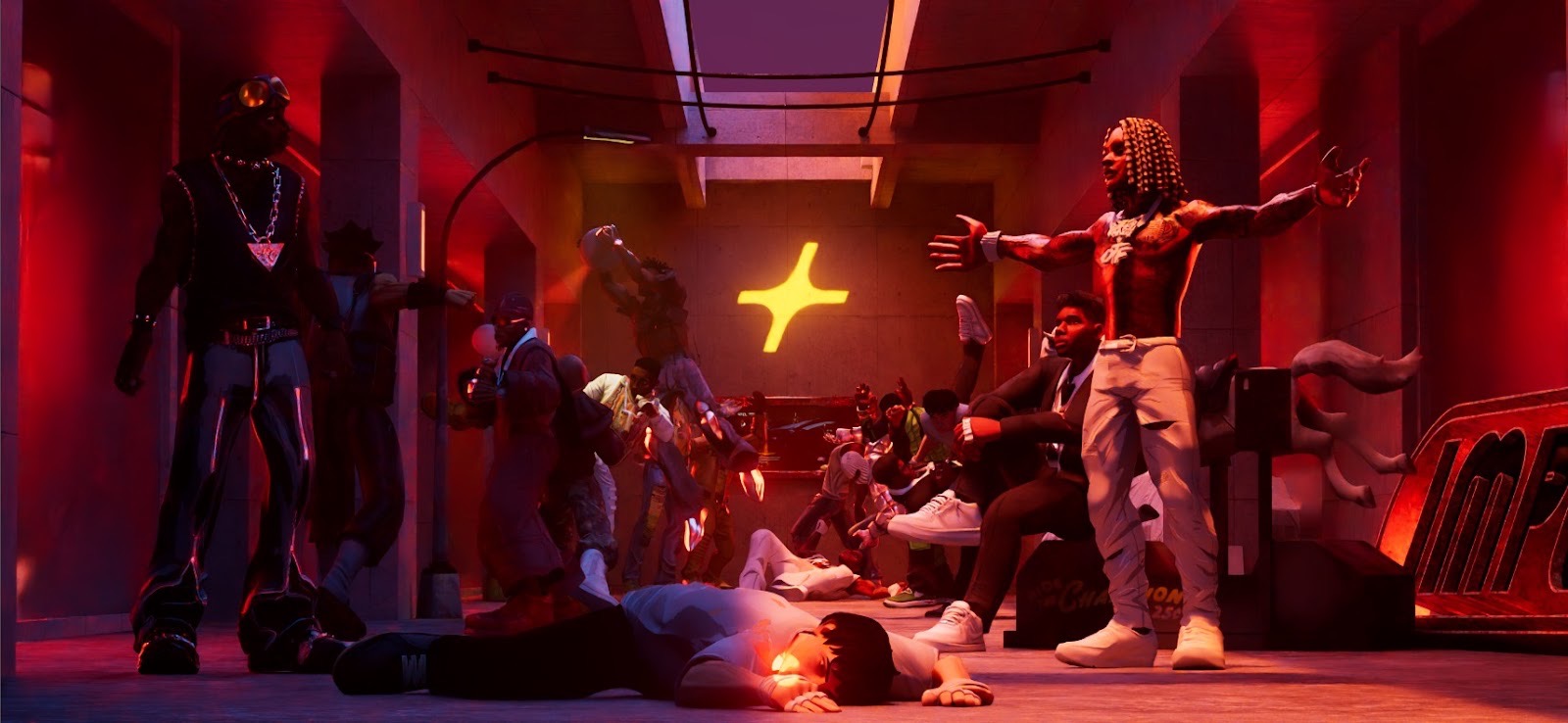
CXM: We've been looking for a successor to the Def Jam fighting game series. So, how is this possible in 2025?
Carter, Jr: It’s really possible because of the Unreal Engine. To take a step back, the democratization of worldbuilding and game-making tools, like Unreal and Unity, made this kind of project accessible to people with the will to make it happen.
About two and a half years ago, I got a call from my friend Zane, who’s the lead founder of this project. He handles environments and worldbuilding, and I handle business development and partnerships. I’ve signed all the artists.
People have been longing for this concept forever. I played Def Jam: Vendetta as a kid, so I knew instantly what it could be. We built early fight mechanics that evolved a hundred times over since then, put together a strong media team to help visualize the idea, and landed a partnership with Universal Music Group, who led our seed round. That gave us the stamp and funding to take the project from concept to product. Now, we’re at the point where it’s time to bring it to the world.
How were the conversations with UMG and the development team? Did you have to pitch this?
UMG was easy because the concept already lived in their ecosystem; they literally housed Def Jam. There’s a long history of synergy between music and gaming. Monty and Avery Lipman led our investment. They’re forward-thinking and willing to take risks.
On the artist side, it’s more relevant now than ever. Artists want to see themselves in these kinds of digital environments. Right now, only a select few get a Fortnite look or something on Roblox. Not everyone identifies with that, and it’s not realistic for every artist to build or maintain their own game servers. We want OnlyHands to be that bridge, a platform where artists can be active in games and curate experiences for fans through a fundamentally solid fighting game.
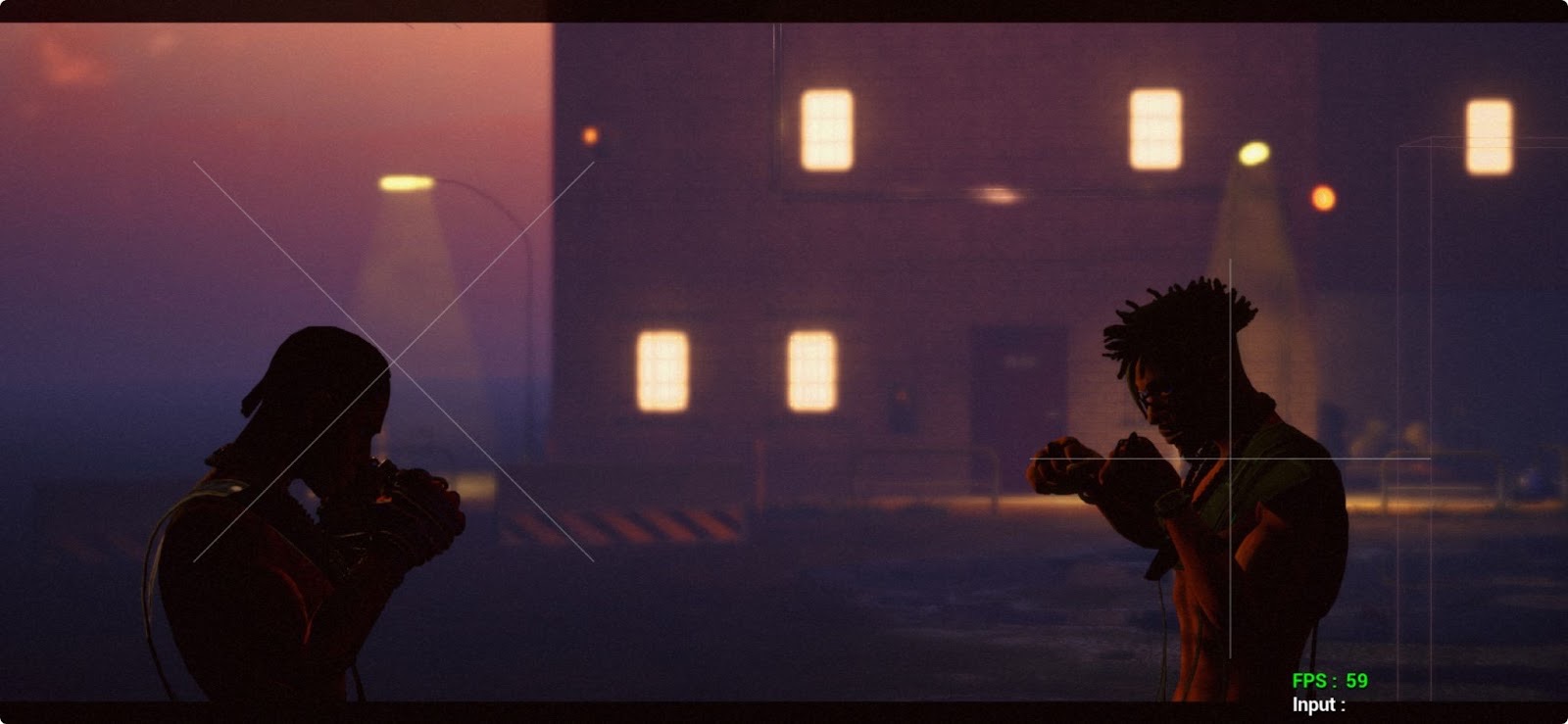
Do you see this game as a competitor to Marvel Champions or Skullgirls?
A hundred percent.
It’s all about community. We’re focused on building innovative IP and engaging communities differently. No disrespect to those teams, but they’re reworking the same playbook. We’re re-energizing the space.
Why mobile gaming? Is it because it’s more accessible?
Exactly. There’s a lower barrier to entry, both for production and maintenance. It lets us prove the concept before scaling to the console. The experience we want to offer is “always on,” and that’s only truly possible on mobile. You can’t take your console everywhere.
What does “always on” really mean?
It’s about redefining what gaming means. Gaming today is deeply immersive and socially acceptable; it’s a lifestyle. For us, “always on” means building a living community and culture where players identify with the success they find on our platform.
With today’s tech, there’s no limit to what you can build for fans. Legacy companies haven’t been forced to curate unique experiences, but as a young and disruptive team, we can. We’re inspired by what Riot did with Arcane and League of Legends. We’re not aiming for a Netflix partnership, but we know the power of narrative and media in worldbuilding.
Fortnite made concerts a cultural moment. Are you exploring that kind of worldbuilding in OnlyHands?
Worldbuilding, yes. Concerts, not really, unless the community genuinely asks for it. We’re not building a record-label marketing tool; we’re building a world that makes sense for everyone involved.
We’re developing sound packs so artists can include music that ties into gameplay, like signature moves or moments influenced by their records. All the music will be original and curated for the platform, eventually available on DSPs.
You mentioned original music. How will that work?
We’ve brought in an executive production team. The goal is to own our creative experience from top to bottom. We’re not piecing together throwaways; we’re making intentional records with artists that help define the platform’s sound and identity.
How will monetization work for artists signed to labels?
We’ll have in-game transactions, but the intent is to create equitable opportunities for artists. Unlike Def Jam: Vendetta, which ended when it shipped, OnlyHands evolves in real time. Artists can express themselves through their digital avatars, selling in-game merch, themed skins tied to album cycles, and limited-time content that mirrors their creative worlds.
It’s about giving artists a new medium for engagement that’s relevant to how fans already interact with entertainment.
Will there be variations in fighting styles?
Yes. We have three core classes: Striker, Aerial, and Tank.
Strikers are balanced, aerial fighters are fast and tactical, and tanks are heavy hitters. Everyone can deal equal damage. We’re avoiding any pay-to-win advantages. Gameplay is momentum-based, immersive, and competitive.

What’s the feature you’re most excited for players to experience?
Story mode. It won’t launch immediately, since we’re rolling out through alpha and beta phases first, but it’s where our cinematic and media ambitions come to life. It’s our chance to show we’re more than a game studio. We’re creating interactive media that defines how Gen Z and Gen Alpha experience culture.
How deep will the story mode go?
Our script was about 350 pages, broken into three acts. The success of Act One will determine Acts Two and Three. It’s the source of truth for our world, our Los Santos, if you will.
You’ve said DSPs will be integrated. How will that work? Do artists get paid differently for in-game streams?
It actually benefits them. Players will eventually be able to log in through their DSP accounts, and in-game streams will count toward real stream numbers. That won’t be a launch feature because of the red tape, but it’s in our roadmap.
Will independent artists get a shot at being involved?
Definitely. We want to highlight rising stars and make OnlyHands a rite of passage. The dream is to have kids who grew up playing it come back ten years later saying, “I always imagined what my character would look like.” That’s the energy we’re building toward.
Would you work with posthumous artists?
We’re open to it, but it has to make sense. It should come from the estate’s desire, not ours. If it feels transactional, we’re not interested. It’s about integrity and genuine alignment.
How do you see the game’s longevity?
Community. That’s everything.
Look at GTA V. It lasted over a decade because of player interaction and adaptation. We’re building a world where the app is an entry point to an entire universe.
We’ve seen how gamers became bigger cultural forces than artists and how Unreal and Unity opened limitless creative doors. OnlyHands is just the start. If an artist blows up in our game, maybe they’ll build their own one day. That’s the new frontier of entertainment.
Are you planning to bring it to PC or console later?
Definitely. It’s ready as soon as we want; it’s just about pacing. We’d rather go deep with a real community than go big too fast. We want emotional connection, not just installs.
What’s the release timeline?
A teaser drops October 10, followed by an official trailer with roster reveals and gameplay. Early access sign-ups begin soon after, with limited onboarding in December. Beta testing and community building will lead up to the Act One campaign, which we’re aiming for in early Q3 2026.
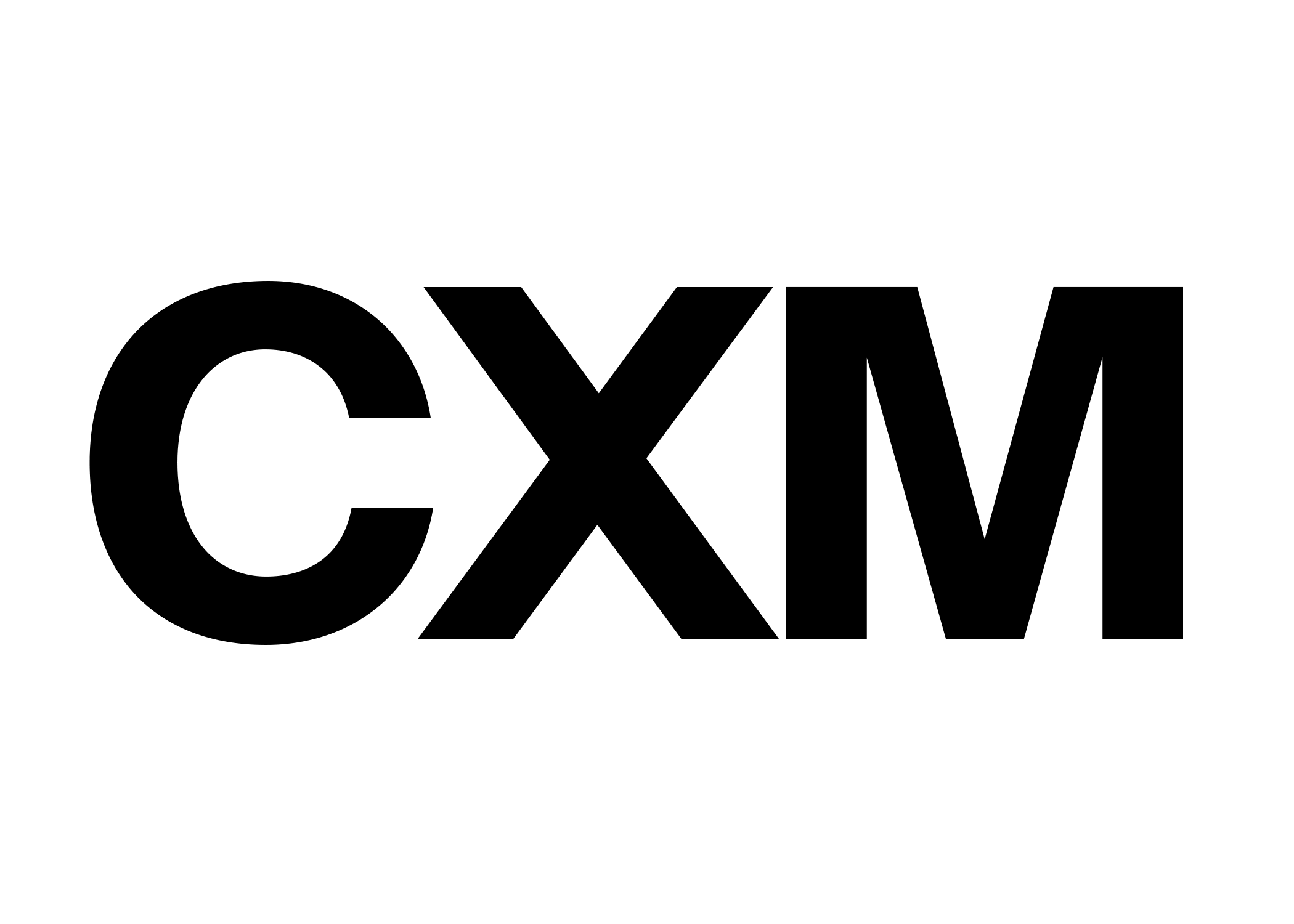
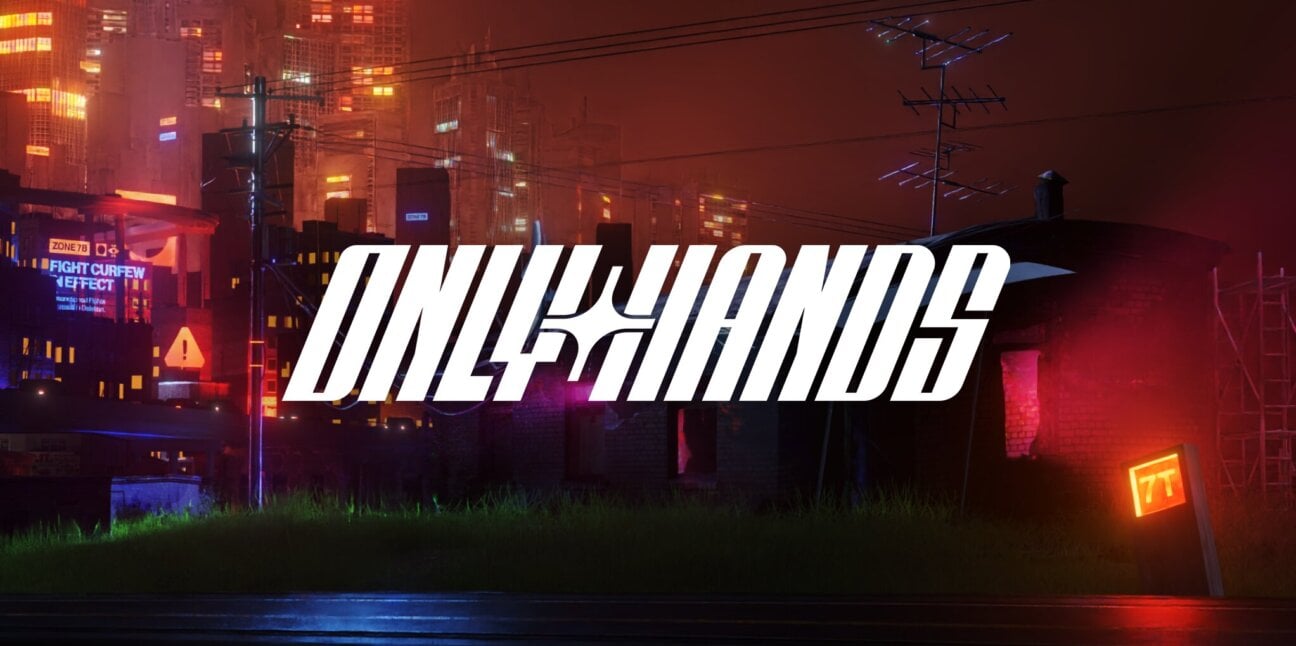
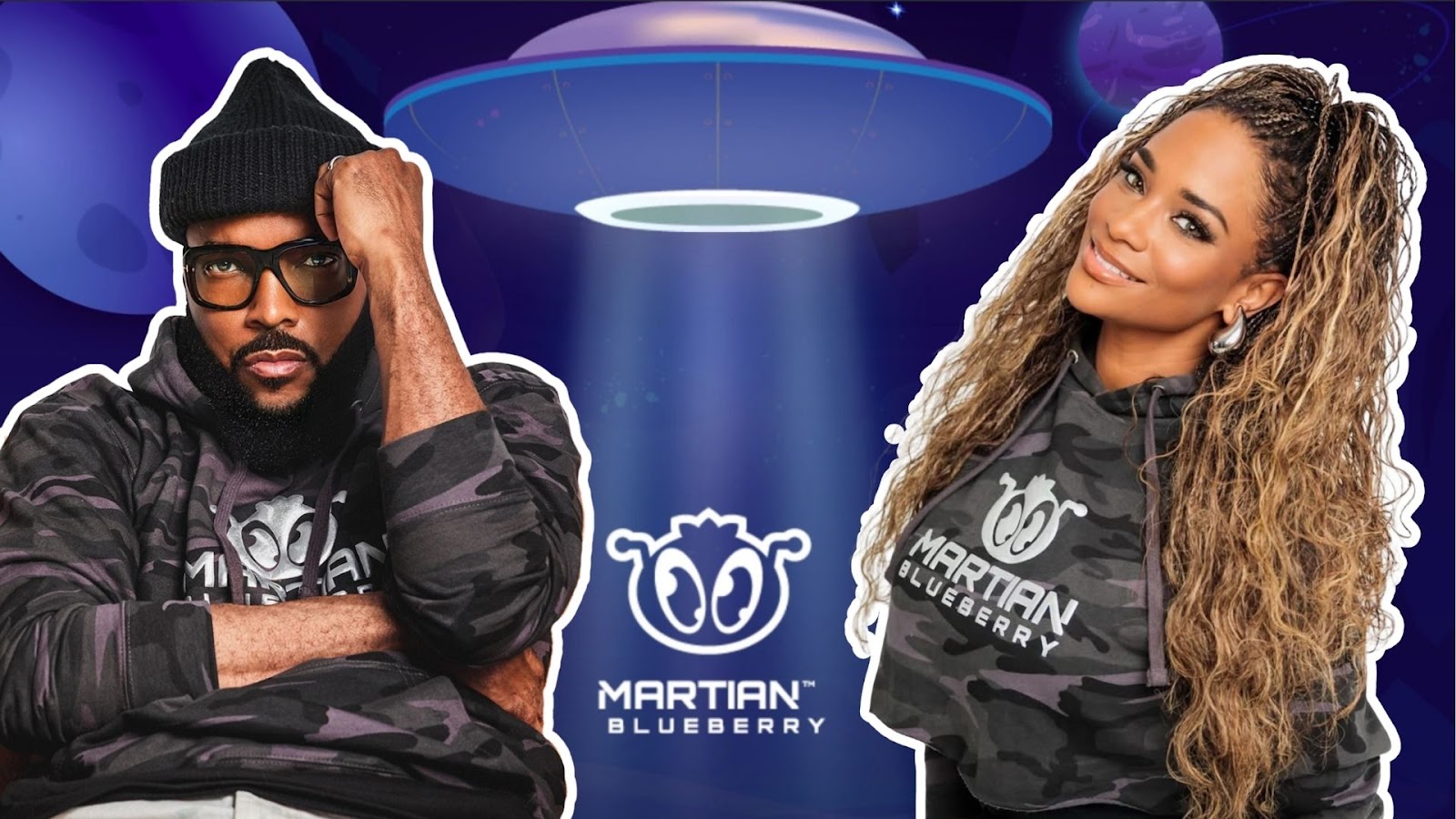
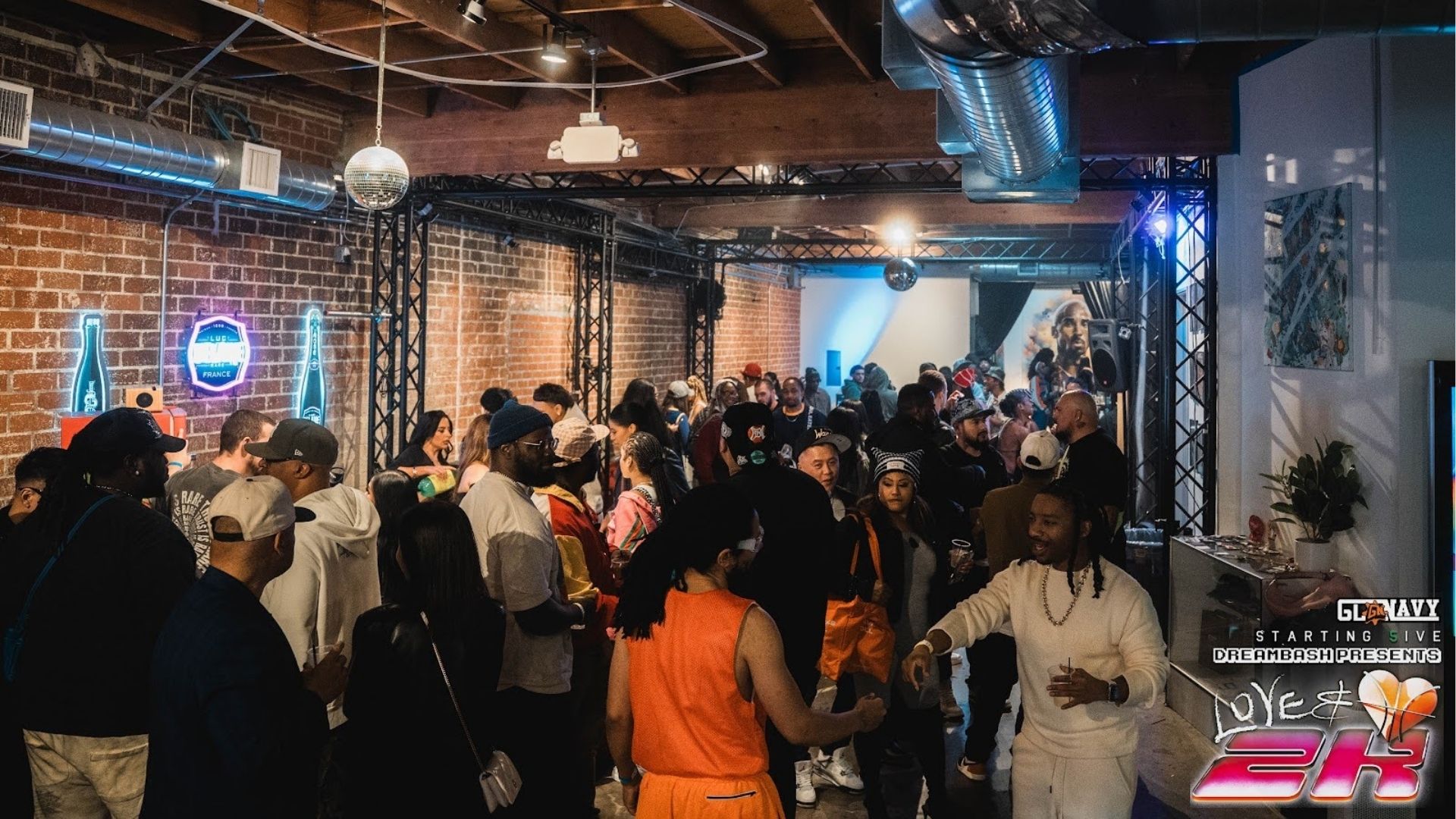
.png)